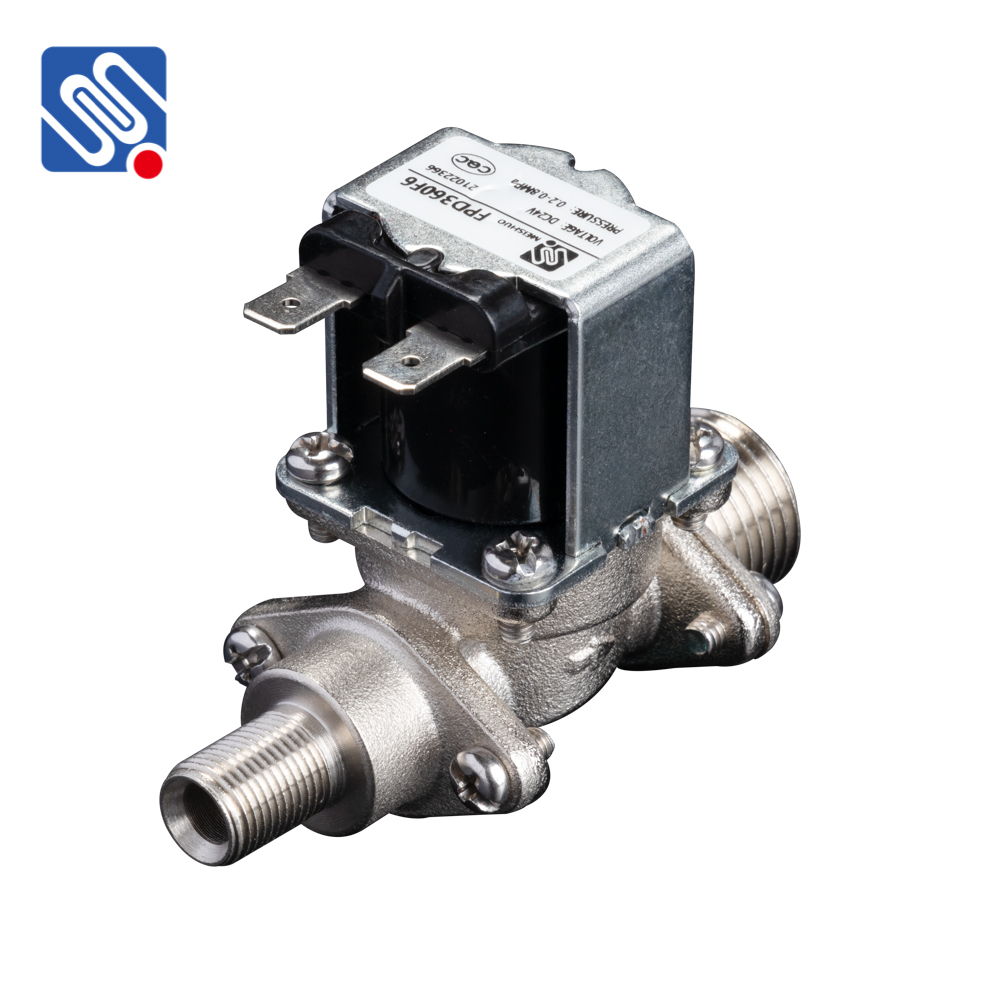The Flow Control Solenoid Valve (FCSV) is a crucial component in various industries where fluid or gas flow regulation is essential. These valves utilize electromagnetic technology to regulate flow rates with high precision, making them indispensable in automation, hydraulic systems, automotive applications, and HVAC systems, among others. In this article, we explore the functionality, applications, and advantages of the Flow Control Solenoid Valve, shedding light on why it is a vital element in modern industrial systems.

What is a Flow Control Solenoid Valve? A Flow Control Solenoid Valve is a type of valve that uses an electromagnet to control the opening and closing of the valve to regulate the flow of fluids (liquids or gases) through a pipeline or system. When the solenoid coil receives an electric signal, it generates a magnetic field that moves a plunger or armature inside the valve, adjusting the size of the valve opening and, therefore, the flow rate. The valve’s ability to respond quickly and precisely to electrical signals makes it a key element in systems where real-time control of fluid flow is required.